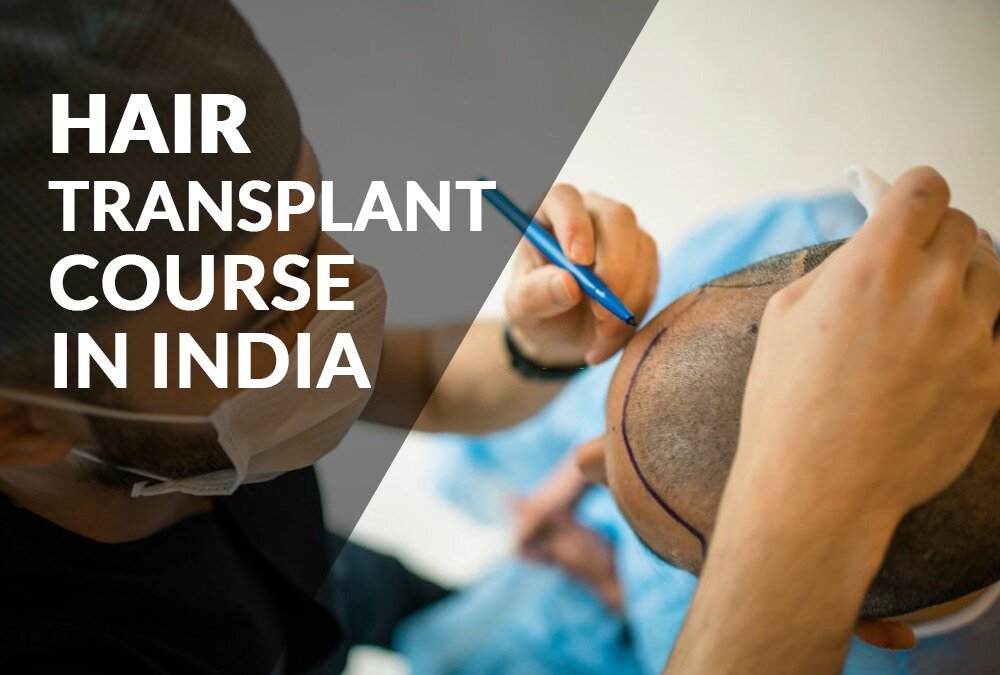- Toll Free Number:
- +91 7669331123
- info@ilamed.org
Things to Consider in a Hair Transplant Training Courses

Why one should Choose ILAMED for Cosmetology Courses?
December 18, 2023
Beauty and Beyond: Exploring the Benefits of a Career in Esthetics
December 18, 2023Hair transplantation is a rapidly growing field, with an increasing demand for trained professionals in the industry. As a result, many institutes in India now offer hair transplant courses that provide the necessary training and certification to become a hair transplant professional. In this blog, we will discuss some important things to know about hair transplant courses in India, including FUE Hair Transplant Training, FUT Hair Transplant Training, Hair Transplant Training Courses, and Hair Transplant Institutes.
Also Read: The Transformative Power of Dentistry Courses
- Types of Hair Transplant Training Courses: There are two main types of hair transplant training courses in India: FUE and FUT. FUE (Follicular Unit Extraction) is a more advanced and modern technique of hair transplantation, while FUT (Follicular Unit Transplantation) is a more traditional technique. Both techniques have their advantages and disadvantages, and it is important to choose a course that is best suited to your needs and preferences.
- Course Duration and Fees: The duration of hair transplant courses can vary from a few days to several months, depending on the institute and the type of course. The fees for hair transplant courses can also vary widely, depending on the institute, the course duration, and the level of training provided. It is important to do your research and choose a course that fits your budget and time constraints.
- Curriculum: The curriculum of hair transplant courses typically includes theory as well as hands-on training. The theory part covers the basics of hair anatomy, hair growth cycle, types of hair loss, and hair transplantation techniques. The hands-on training includes practicing on real patients under the supervision of experienced professionals.
Also Read: A Beginner’s Guide to Aesthetic Medicine
- Accreditation and Certification: It is important to choose a hair transplant institute that is accredited and certified by a recognized organization. This ensures that the course meets certain standards and that the certification you receive will be recognized by employers and clients.
- Faculty: The quality of faculty is a key factor in the quality of education you receive. Look for a hair transplant institute that has experienced and qualified professionals as faculty members.
- Infrastructure: A good hair transplant institute should have state-of-the-art infrastructure and equipment, including operation theaters, surgical instruments, and diagnostic tools. Make sure to visit the institute and check out the facilities before enrolling in a course.
- Job Opportunities: A hair transplant course can open up a range of job opportunities in the industry, including working in hair transplant clinics, cosmetic surgery centers, and hospitals. Look for a course that offers placement assistance or has tie-ups with leading employers in the industry.
In conclusion, a hair transplant course can provide you with the skills and knowledge to become a successful hair transplant professional. However, it is important to choose the right course and institute to ensure that you receive the best possible education and training. Consider the factors mentioned above when choosing a hair transplant course in India, and do your research before enrolling in any course.
Also Read: Beauty and Beyond: Exploring the Benefits of a Career in Esthetics




